How Much Does It Actually Cost to Charge My Electric Vehicle?
How Much Does It Actually Cost to Charge My Electric Vehicle?
Are you and your partner considering purchasing an electric vehicle (EV), but you’re not quite sure if it’s worth the investment? One factor that may be holding you back is the cost of charging your EV. In this blog post, we will dive into the details of how much it actually costs to charge your EV, providing you with the information you need to justify the expense to yourself and your partner.
Understanding Electricity Rates
Before we can calculate the cost of charging your EV, it’s essential to understand how electricity rates work. Just like your home’s energy bill, charging your EV involves paying for the electricity consumed. However, the good news is that charging an EV is generally more cost-effective compared to refueling a traditional gasoline-powered vehicle.
Electricity rates typically vary depending on where you live, the time of day, and your specific electricity provider. To determine your charging costs accurately, it’s important to consult your local utility company or review your electricity bill for the precise kilowatt-hour (kWh) rate.
Calculating Charging Costs
To find out how much it costs to charge your EV, you’ll need to consider two primary factors: the battery size of your EV and the average electricity rate in your area. Most EVs currently on the market have batteries ranging from 40 kWh to 100 kWh. For simplicity, let’s assume your EV has a battery capacity of 60 kWh.
To estimate the charging costs, you can multiply the battery size by the electricity rate per kWh. Let’s say your electricity rate is $0.15 per kWh:
60 kWh x $0.15 = $9
Based on this calculation, a full charge for your EV would cost approximately $9. Keep in mind that this is just an estimate, and the actual cost may vary based on factors such as temperature, battery efficiency, and charging station fees.
Maximizing Cost Savings
If you’re interested in reducing your EV charging costs even further, there are several strategies you can employ:
-
- Take advantage of off-peak hours: Some electricity providers offer lower rates during specific times of the day or night when energy demand is lower. Charging your EV during these off-peak hours can lead to significant cost savings.
- Explore renewable energy options: Investing in solar panels or signing up for a green energy plan can help you power your EV with clean, renewable energy. Not only will this reduce your carbon footprint, but it can also save you money in the long run.
- Utilize public charging stations: While charging at home is convenient, using public charging stations can be more cost-effective in certain situations. Many charging stations offer competitive pricing or even free charging, making it worth considering for longer trips.
By implementing these strategies, you can minimize the cost of charging your EV while enjoying the numerous benefits of driving an electric vehicle.
Conclusion
Charging an EV doesn’t have to break the bank. By understanding electricity rates, calculating charging costs, and implementing cost-saving strategies, you can confidently justify the expense of purchasing an EV to yourself and your partner. Remember to consult your local utility company for accurate rates and explore opportunities to maximize your cost savings. Happy charging!
Is charging an EV cheaper than refueling a gasoline-powered vehicle?
Yes, generally, charging an EV is more cost-effective compared to refueling a traditional gasoline-powered vehicle. Electricity rates tend to be lower than gas prices, resulting in potential savings over time.
Can I save money by charging my EV during off-peak hours?
Absolutely! Some electricity providers offer lower rates during off-peak hours when energy demand is lower. Charging your EV during these times can lead to significant cost savings.
Are there any additional ways to reduce charging costs?
Yes, you can explore renewable energy options such as solar panels or signing up for a green energy plan. Additionally, utilizing public charging stations, which often offer competitive pricing or free charging, can help minimize your charging costs.
Are there companies in New Jersey that install home EV chargers?
Yes, Kilovar Electric is among the reputable companies in New Jersey that offer professional installation services for home EV chargers. We provide both Level 2 and DC fast charging solutions for residential customers, ensuring a convenient and efficient charging experience.
Does Kilovar Electric offer solutions for commercial EV charger installations as well?
Absolutely! Kilovar Electric specializes in both residential and commercial EV charger installations in New Jersey. Our services extend to businesses, and we cater to a range of needs, including electrical infrastructure for electric forklifts, tractors, buses, and more. We work with leading partners like Wallbox, Chargepoint, and EVBox to deliver versatile charging options tailored to your commercial project.
Let’s Talk!
Connect With Us
7:00 am - 5:00 pm
Monday to Friday


